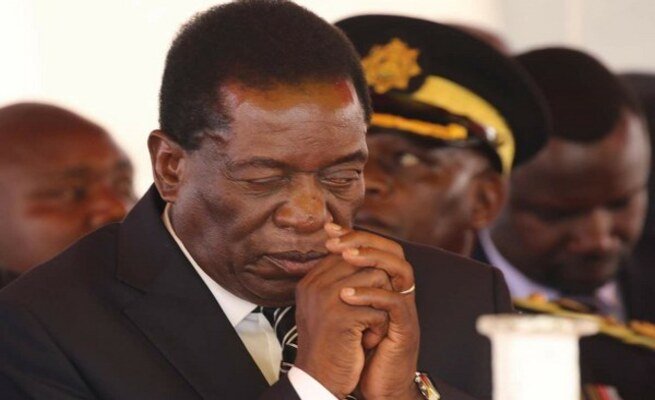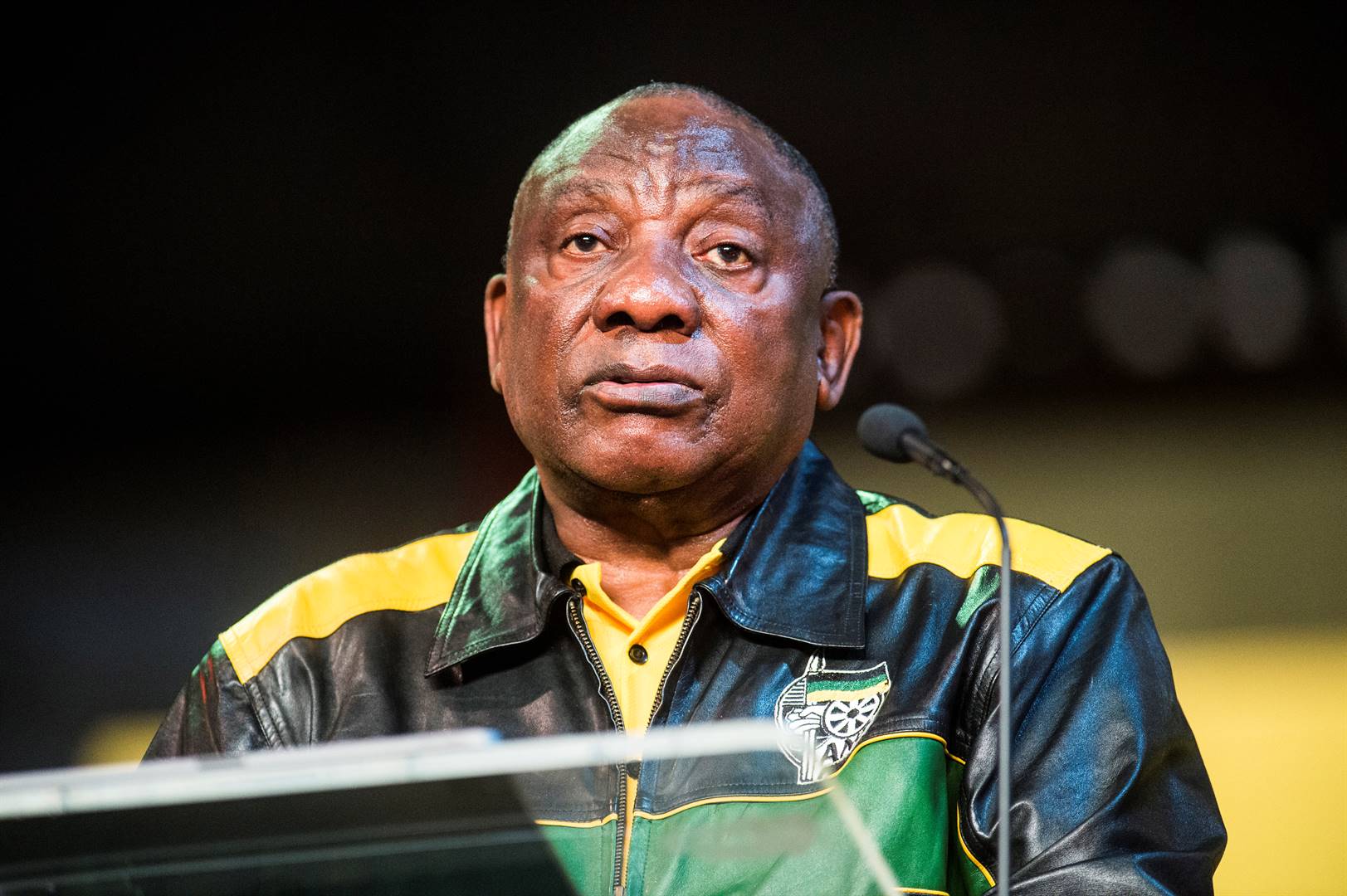ED dragged to court over his appointment of Chinamasa to head AirZim board

President Emmerson Mnangagwa
A HARARE man has filed a Constitutional Court (ConCourt) application against President Emmerson Mnangagwa’s appointment of Patrick Chinamasa as director and chairman of the embattled Air Zimbabwe arguing that it was inconsistent with the Constitution.
Mnangagwa appointed Chinamasa to head the AirZim board in June 2019.
Mnangagwa is cited as the first respondent while prominent Harare lawyer Edwin Manikai is the second respondent according to papers filed at the ConCourt on December 17.
In the application, Tichaona Mupasiri, indicated in his founding affidavit that no relief was being sought from Manikai as he is cited to assist the court in determining the matter in the interest of justice.
He said at the core of the application was Mnangagwa’s actions concerning the affairs of SMM Holdings (Private) Limited (SMM), AirZim (Private) Limited and Hwange Colliery Company (HCCL).
“This application is concerned about holding public office bearers to account for their conduct and ensuring that the first respondent’s conduct is subject to public scrutiny and interrogation,” he said.
Mnangagwa and Manikai have not yet responded to the application.
In his application, Mupasiri said Mnangagwa appointed Chinamasa to head AirZim, a company whose control and management was divested from its directors and shareholders.
He said the control was vested in an administrator appointed by the Justice, Legal and Parliamentary Affairs minister pursuant to the operation of the Reconstruction of State-Indebted Insolvent Companies Act 2005.
“By engaging in a self-help scheme, interposing himself as a shareholder of Air Zimbabwe, the first respondent failed to fulfil his obligations in terms of s90(1) and s90(2)(c) by clothing himself with the right to amend to the Reconstruction Act that specifically vests the control and direction of the company under the administrator,” the court papers read.
“By knowingly and intentionally appointing Chinamasa to be a chairman of Air Zimbabwe, a juristic entity in its own right, the first respondent had no title to do and usurped the power and authority of shareholders of the company, to the extent that the then Companies Act could operate concurrently with the Reconstruction of State-Indebted Insolvent Companies Act.
“By unilaterally and arbitrarily involving himself in the affairs of Air Zimbabwe (under reconstruction), the first respondent knowingly and intentionally offended the fundamental rights and freedoms of shareholders and creditors involved in the affairs of the company by appointing a representative of the company who was not accountable to shareholders but him.”
Mupasiri argued that Mnangagwa failed to take cognisance of the fact that the right to appoint directors fell within the scope of the exercise of fundamental rights which was inconsistent with duties imposed on him under the Constitution rendering his conduct unconstitutional and invalid.
“By allowing and actively participating in the appointment of Chinamasa whose effect was to create an absurdity of a company having two centres of control, the first respondent acted ultra vires s6 of the Reconstruction of State-Indebted Insolvent Companies Act and in so doing failed to uphold, defend, obey and respect the Constitution…”
He argued that Mnangagwa had constructive knowledge that in relation to SMM, at the time he assumed the office of President, that shares had already been issued to Nicdale Investment, a purported proxy for the State as contemplated in the Reconstruction Act.
“Notwithstanding this knowledge, (he) has failed, refused and neglected to ensure that no agency can exist between an administrator in respect of a reconstructed company as would have been the case prior to the issuance of any shares to the State as prescribed by the Act.
“In the premise, the failure to divest the administrator of the control and management of a reconstructed SMM constitutes a material violation of the Reconstruction Act and the Constitution in terms of s90(1) and s90(2)(c) of the Constitution as the role of the administrator in relation to SMM during the first respondent’s tenure has no legal authority to support it,” he said.
“This conduct has the effect of undermining the doctrines of separation of powers and equality on which the rule of law as set out in s90(2)(c) is premised. Accordingly, the first respondent failed to fulfil his obligations in terms of s90(1) as well.”
– NewsDay






